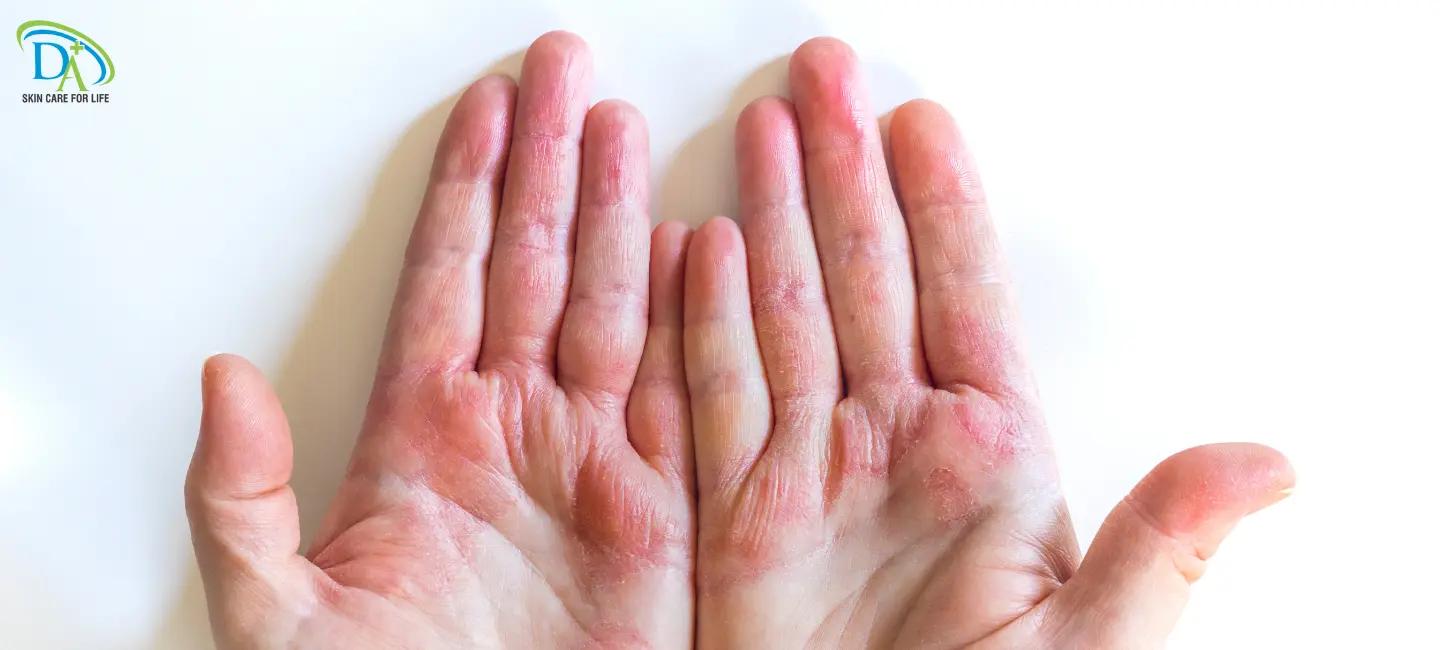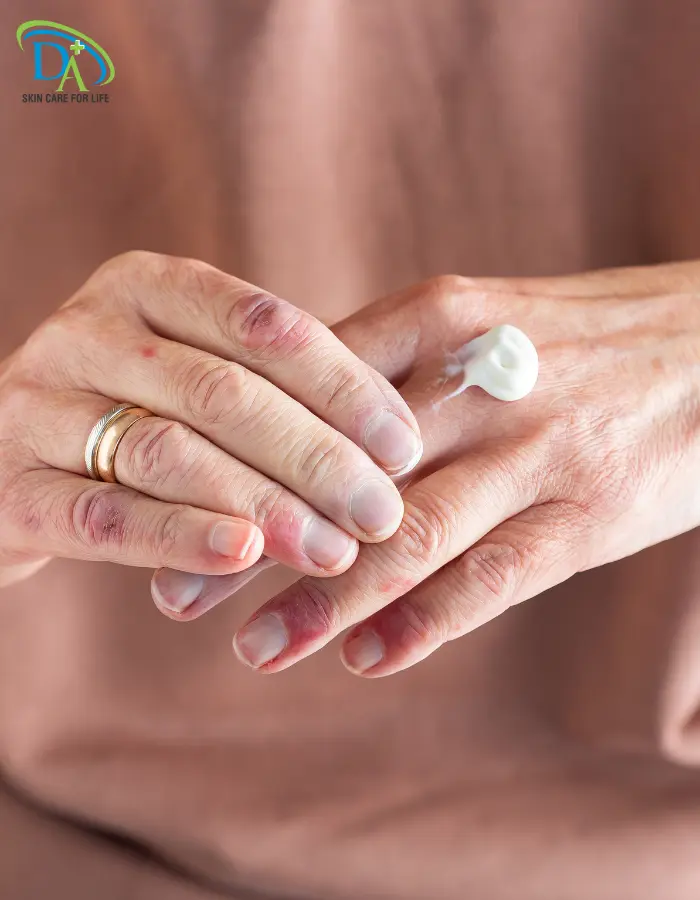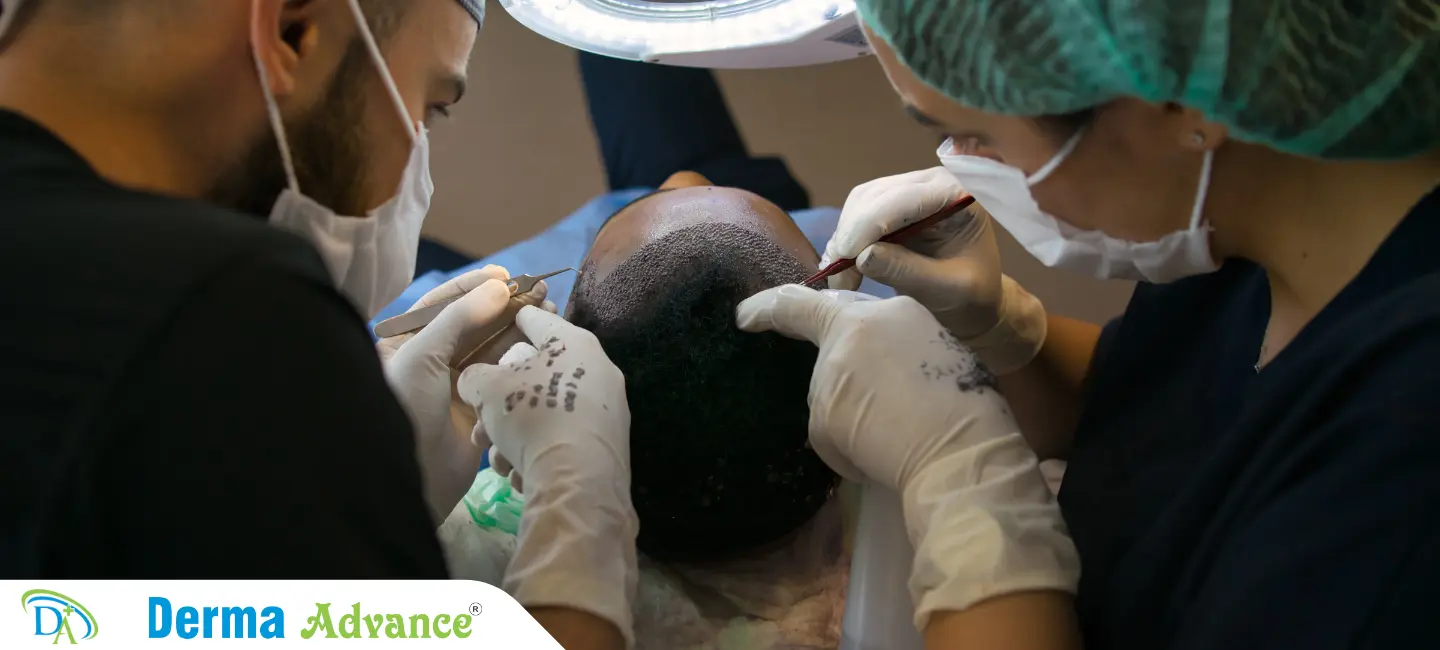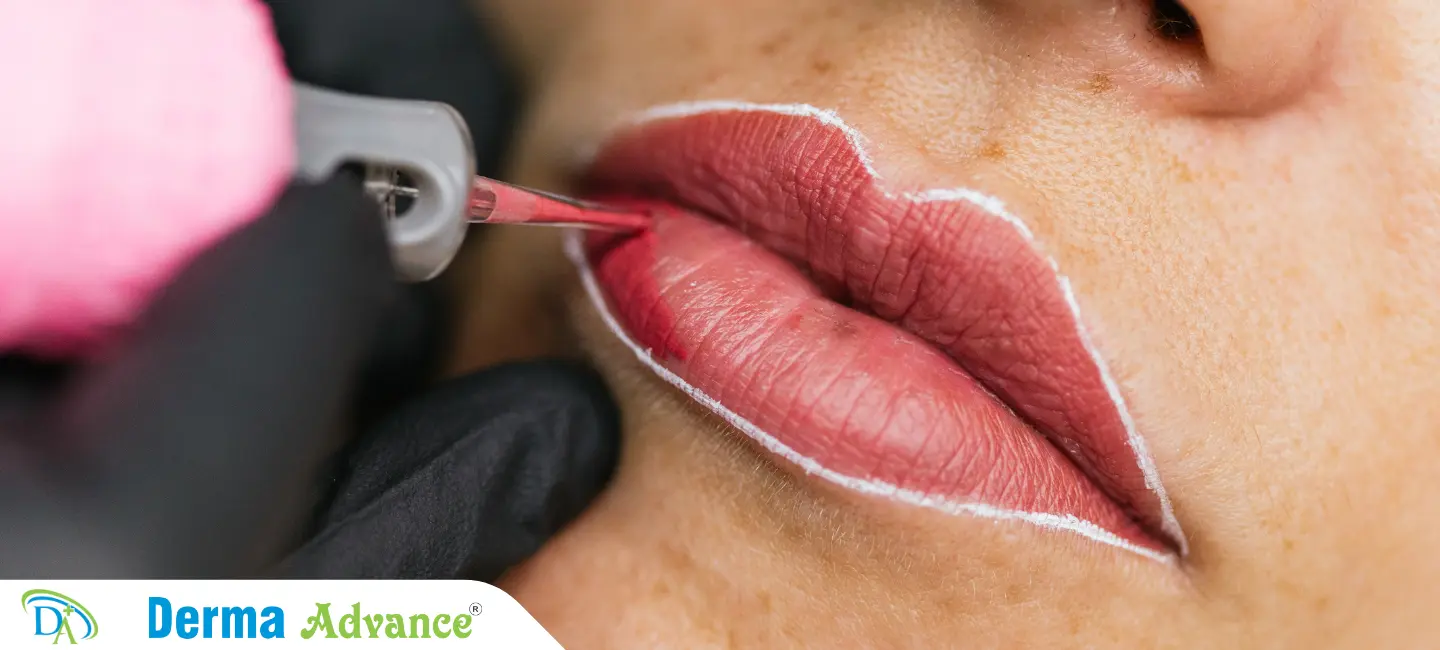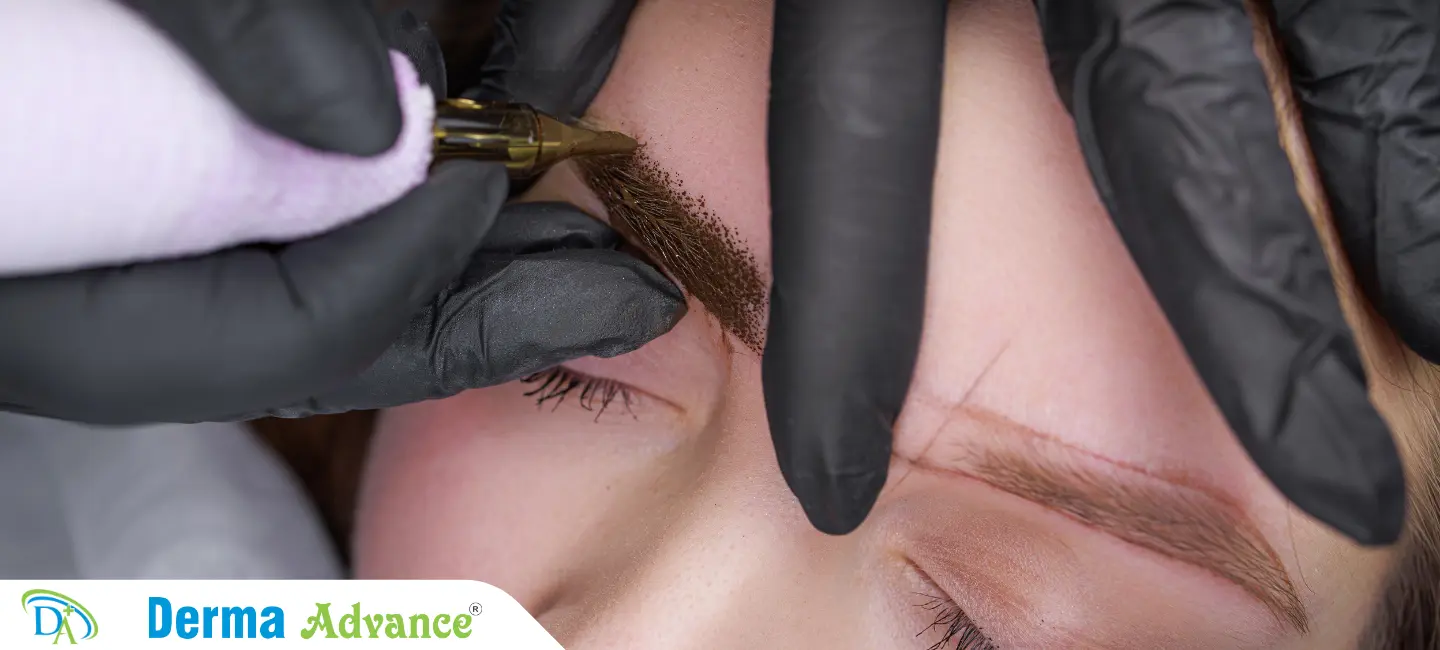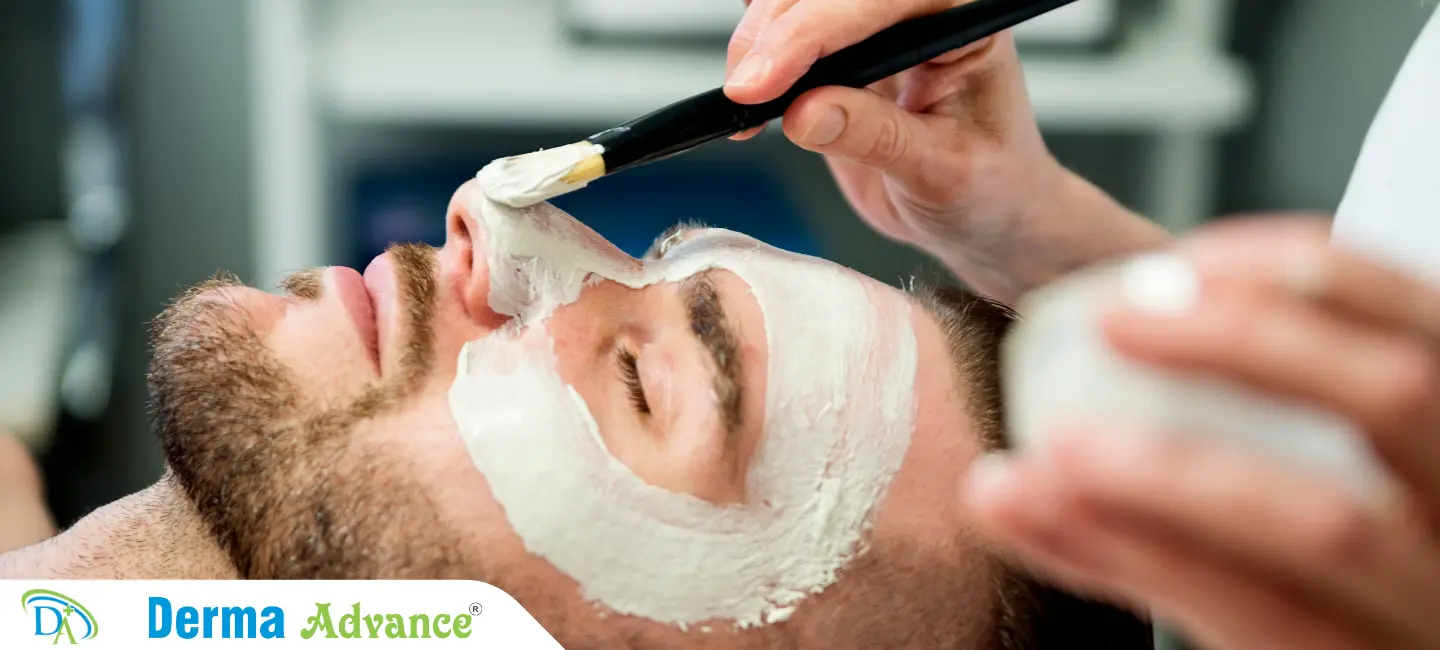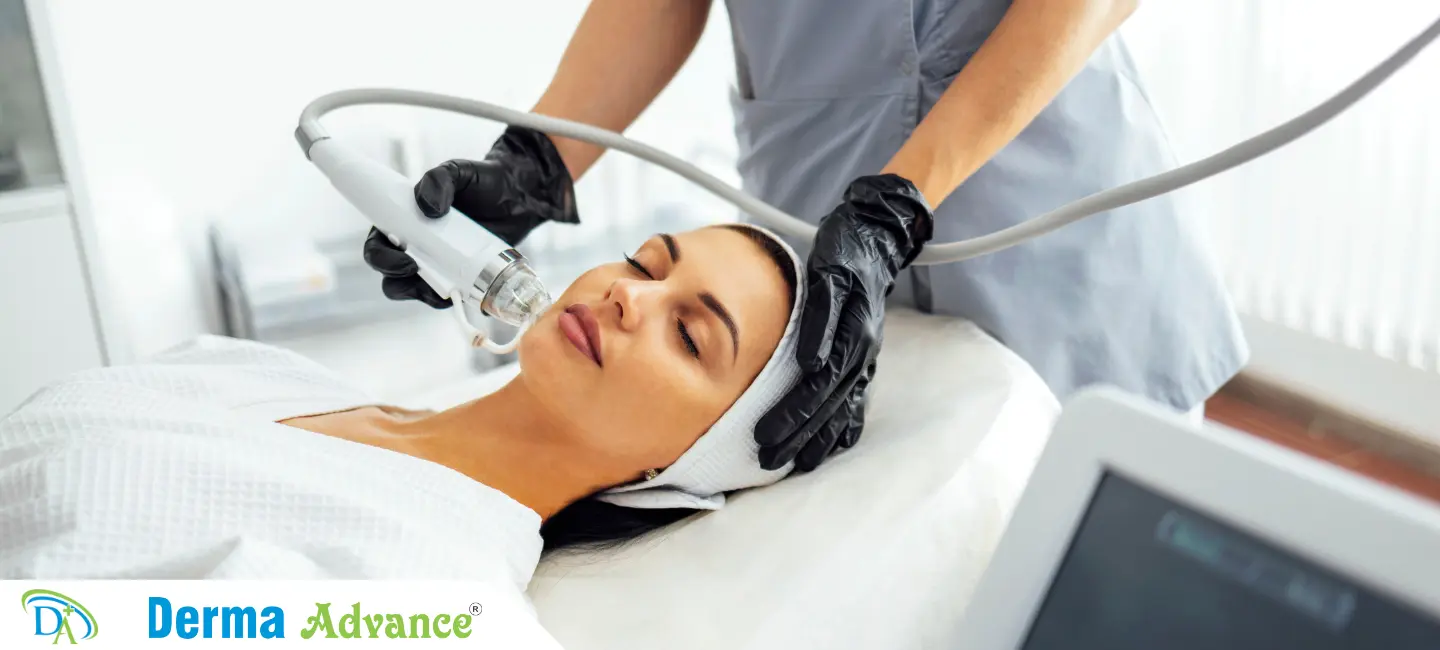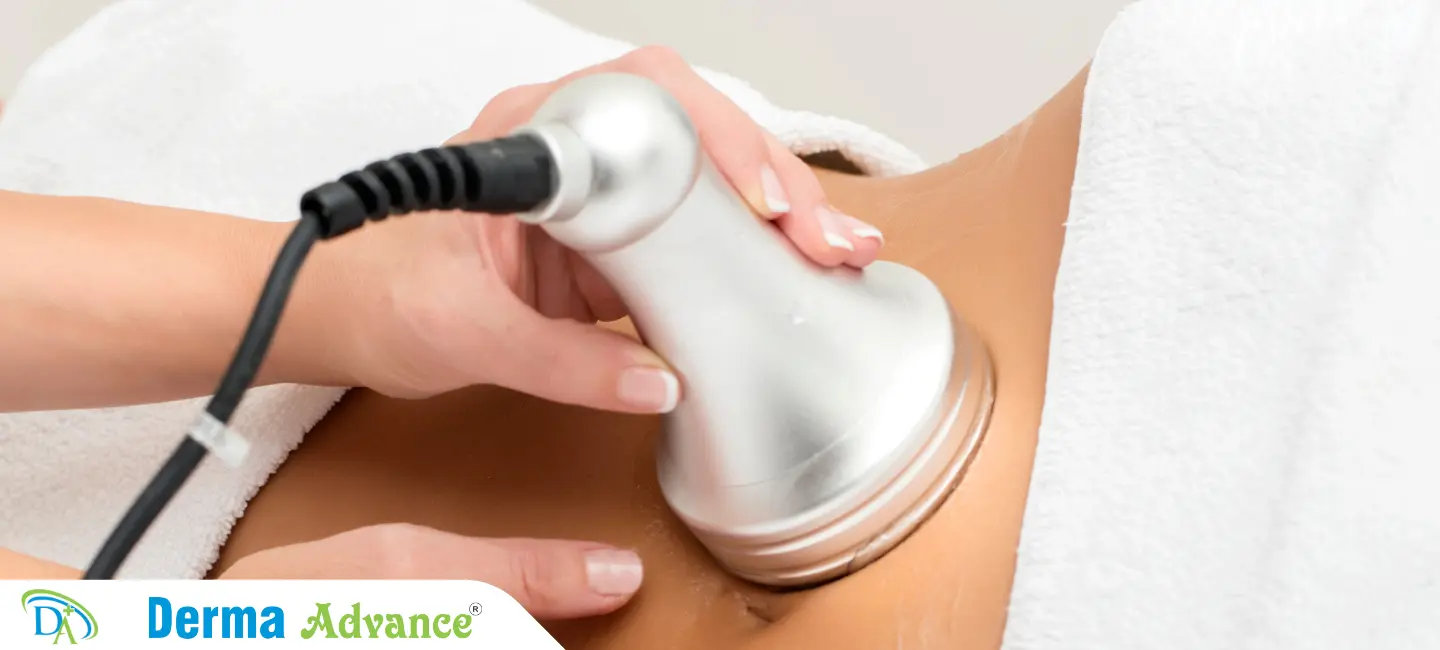What is Eczema?
Eczema is a chronic skin condition causing dry, itchy, and inflamed patches that can lead to discomfort and irritation.
Eczema is a common and often frustrating skin condition that causes itchy, red, and inflamed patches. It can start in childhood and sometimes stick around into adulthood. Many people with eczema have family members with similar conditions or other allergies like asthma.
Eczema makes the skin dry and cracked because it can't hold onto moisture well. This makes the skin more sensitive to things like soaps, detergents, stress, and even the weather, especially in colder, dryer seasons. While eczema isn’t contagious, its visible signs can impact your confidence and social life.
Immense Care
We aim to provide immense care tailored to manage and treat your health condition. Be assured, you are in safe hands!
Modern Techniques
We provide modern treatments to ensure you get the quickest and most effective solution to your health conditions!
Symptoms of Eczema
What are the Symptoms of Eczema?
Let's break down what eczema looks and feels like. You might notice persistent itching that just won’t quit, especially when you’re trying to relax at night. Those red or inflamed patches? They can show up anywhere, from your hands to your face, and often come with small bumps that can get pretty annoying.
The skin can also get dry and scaly, making it feel rough and uncomfortable. Sometimes, you might even see small blisters that ooze and crust over if you scratch them. And if that’s not enough, scratching can lead to thicker, harder skin in those areas.
Eczema can also cause swelling and make your skin feel more sensitive than usual. It’s like your skin is in overdrive, reacting to things that wouldn’t normally bother it. But don’t sweat it—we’re here to help you manage these symptoms and get your skin feeling calm and comfortable again.
Dry, Itchy Skin
One of the hallmark signs of eczema is persistently dry and itchy skin. You might feel the urge to scratch, which can sometimes make things worse. But don’t worry! We’re here to guide you on how to keep your skin hydrated and comfortable.
Red or Brownish Patches
Eczema often causes red or brownish patches, especially on the hands, feet, ankles, wrists, neck, upper chest, and eyelids. These patches can sometimes be a bit embarrassing, but with the right care and treatment, they can be managed effectively.
Small, Raised Bumps
You might notice small, raised bumps that can leak fluid and crust over when scratched. This can be quite irritating, but rest assured, at Derma Advance, we have treatments to soothe your skin and prevent infections.
Thickened, Cracked Skin
Over time, the affected skin can become thickened, cracked, or scaly. This can happen from repeated scratching or rubbing. Our team at Derma Advance can help you with treatments to restore your skin’s health and vitality.
Raw, Sensitive Skin
When eczema flares up, the skin might feel raw and sensitive, especially in areas where you’ve been scratching. Our gentle and effective treatments can help calm your skin and reduce discomfort.
At Derma Advance, we understand that eczema can affect not just your skin but your confidence and well-being too. That’s why we’re committed to providing you with compassionate care and effective solutions tailored to your unique needs.
Diagnosis of Eczema
1
Visual Examination
We begin with a thorough visual inspection of your skin, looking for typical signs such as redness, inflammation, and dry patches.
2
Patient History
Understanding your medical history helps us identify any genetic predispositions or environmental factors that may contribute to eczema.
3
Skin Patch Testing
In some cases, we may conduct patch tests to identify specific allergens that could be triggering your eczema flare-ups.
4
Skin Biopsy (if necessary)
For more complex cases, a small skin sample may be taken for examination under a microscope to confirm the diagnosis.
5
Elimination Diet
We might recommend an elimination diet to identify any food allergies that could be exacerbating your eczema symptoms.
6
Discussion of Symptoms
Finally, open dialogue about your symptoms and how they impact your daily life helps us tailor a personalized treatment plan.
Book Your Appointment
Find Solution to Eczema Now!
Meet Our Expert Eczema Specialists


Treatment of Eczema
How is Eczema treated?
At Derma Advance, we're all about personalized care for eczema to make your skin feel its best. We start with moisturization to strengthen your skin's defense against dryness, a common eczema trigger.
During flare-ups, we use treatments like topical corticosteroids to calm inflammation fast, or gentle options like immunomodulators for effective symptom relief.
For that relentless itch, we've got antihistamines to put a stop to scratching and let your skin breathe easy. And our phototherapy? It's like a sunny reset button for your skin, soothing inflammation and speeding up healing, especially for tough cases.
When standard treatments need backup, our biologic medications step in to target the root of eczema symptoms, giving you lasting relief and smoother skin.
Skincare and Moisturization
Nurturing your skin is key to managing eczema. Regular moisturizing strengthens your skin’s defenses, keeping dryness in check and preventing flare-ups.
Topical Corticosteroids
When eczema flares up, these treatments swiftly calm inflammation and itching by dialing down your skin’s immune response.
Topical Immunomodulators
For those preferring a gentler approach, these treatments soothe inflammation without steroids, offering relief tailored to your skin’s needs.
Antihistamines
When itching persists, antihistamines come to the rescue. They block histamines, easing the itch and promoting better sleep.
Phototherapy (Light Therapy)
If creams alone aren’t enough, light therapy provides targeted relief. It helps to reduce inflammation and support your skin’s healing process.
Biologic Medications
Reserved for severe cases, biologics target specific immune triggers to provide effective, lasting relief for persistent eczema.
Causes of Eczema
1
Genetic Predisposition
Eczema often runs in families, suggesting a genetic component that predisposes individuals to develop the condition.
2
Immune System Dysfunction
An overactive immune response can lead to inflammation and skin irritation characteristic of eczema.
3
Environmental Triggers
Exposure to allergens like pollen, pet dander, or certain foods can trigger eczema flare-ups in susceptible individuals.
4
Skin Barrier Dysfunction
A compromised skin barrier allows moisture to escape and irritants to penetrate, exacerbating eczema symptoms.
5
Stress and Emotional Factors
Emotional stress can weaken the immune system and worsen eczema symptoms in some individuals.
6
Dry, Cold Weather
Low humidity and cold temperatures can dry out the skin, triggering or worsening eczema outbreaks.
How to Prevent Eczema?
Eczema is a chronic skin condition causing dry, itchy, and inflamed patches that can lead to discomfort and irritation.
Keeping eczema at bay starts with moisturizing your skin daily. Use gentle, fragrance-free creams to lock in moisture and prevent dryness. Applying moisturizer right after a bath works wonders for maintaining your skin’s natural barrier.
Next, watch out for triggers. Avoid harsh soaps, itchy fabrics, and stress to minimize flare-ups. Knowing what irritates your skin can help you steer clear of common eczema triggers and keep your skin calm.
Finally, adopt a gentle skincare routine. Use mild cleansers with lukewarm water and avoid hot showers or vigorous scrubbing. Treat your skin with care, and it will reward you with fewer flare-ups and less irritation.

